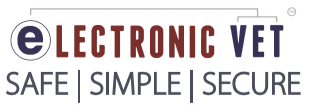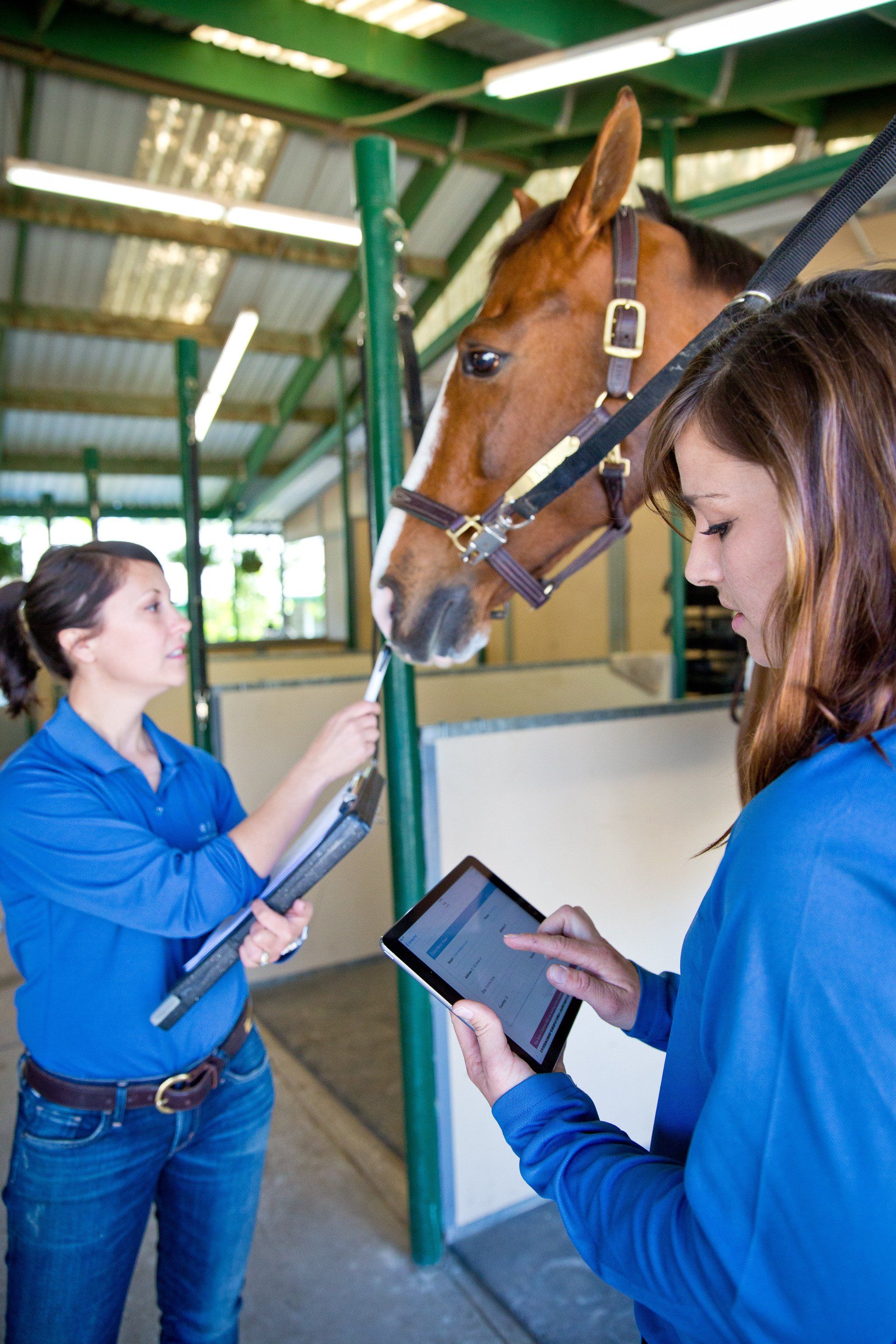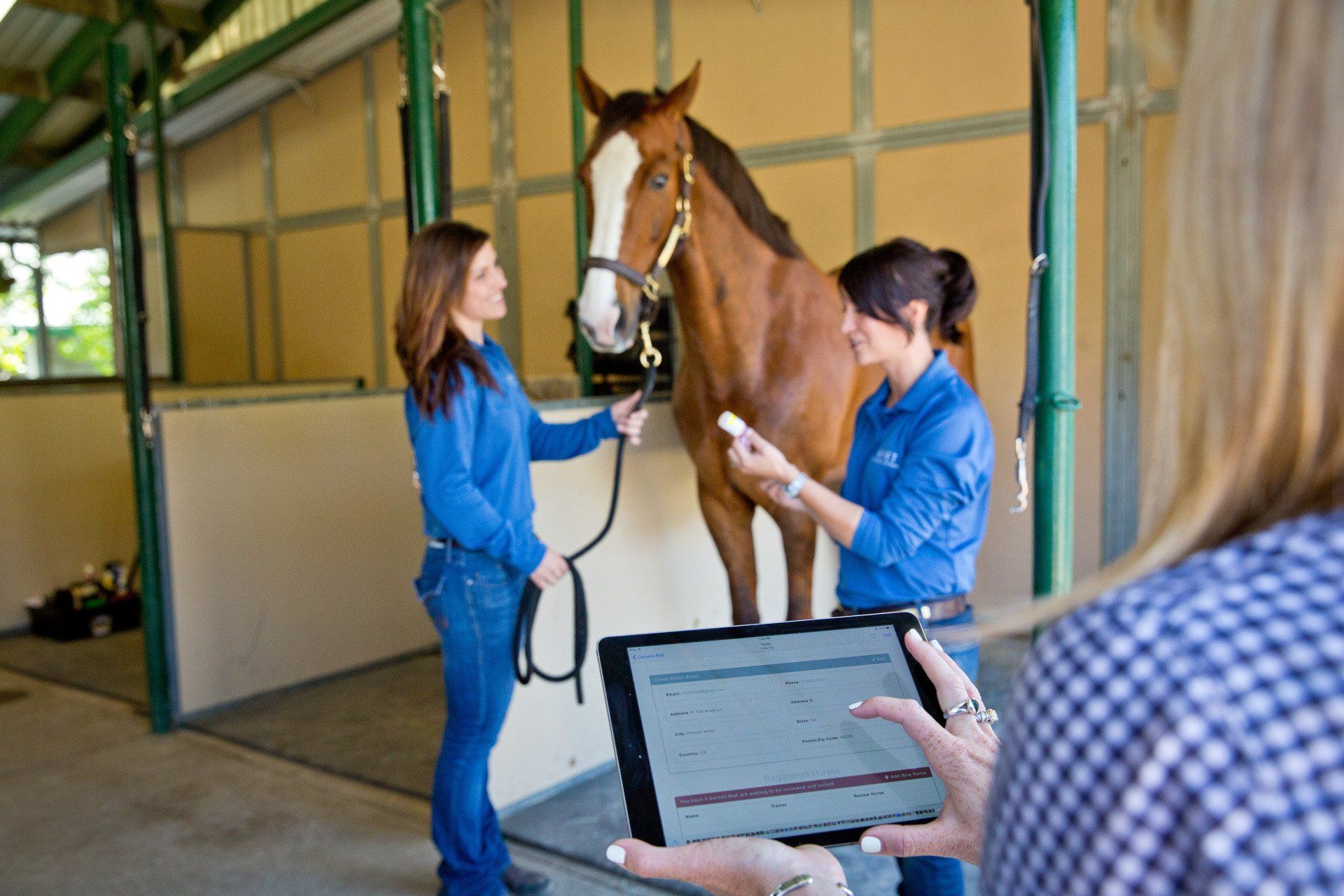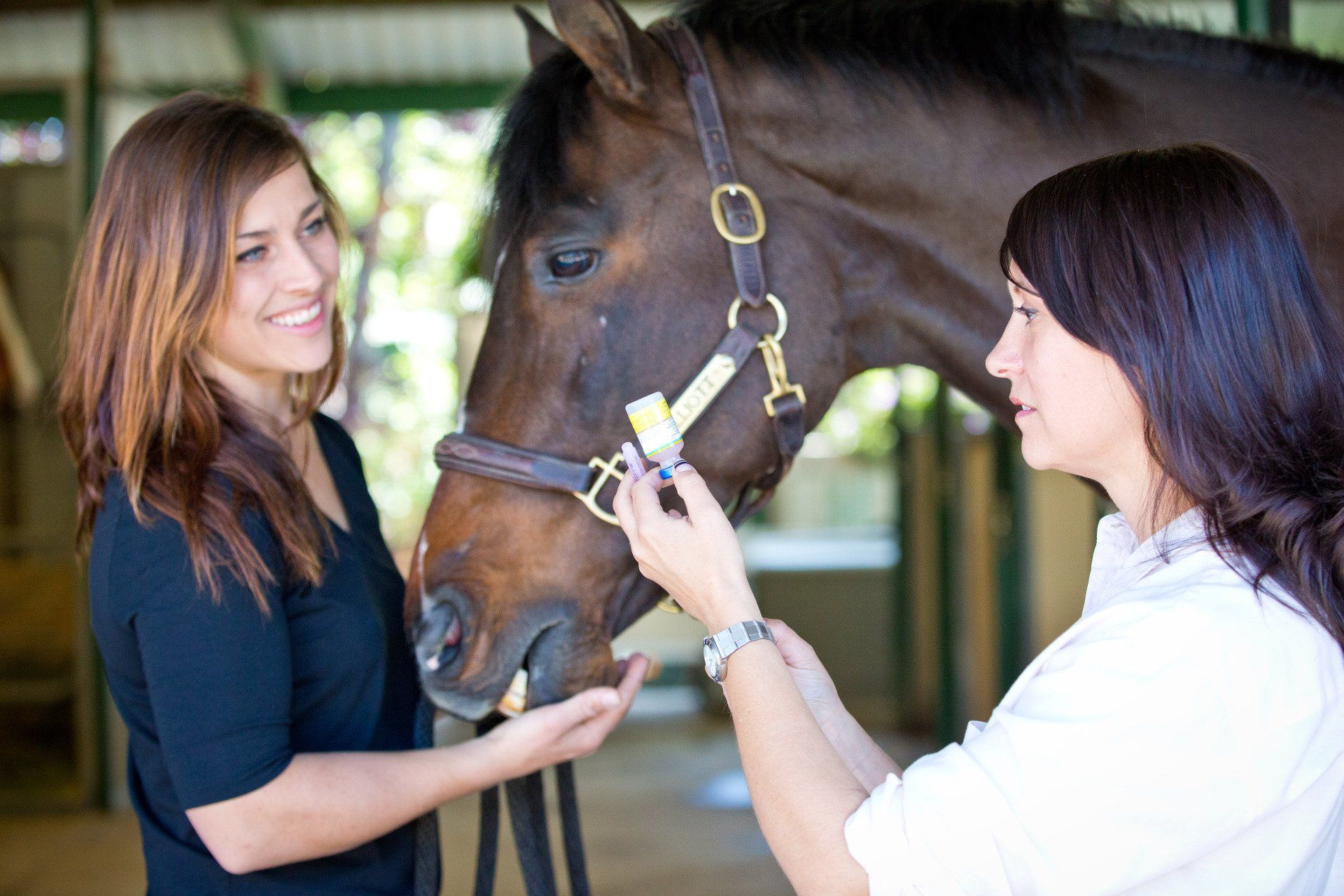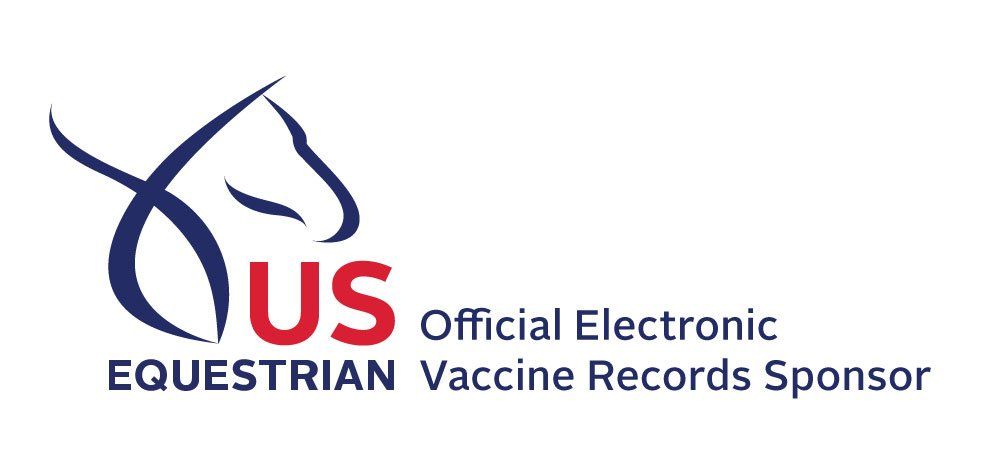Blog Layout
Digitizing Racehorse Medication Records Prioritizes Equine Welfare
Meg Krueger • Aug 25, 2020
An Innovative Digital Product for the Horse Racing Medicines Register.
Since the very early days of horse racing, equine medication recording has been a manual process. Owners and trainers have to work hard to stay current with changing medication regulations within the sector and adjust their equine medicine programs accordingly.
Thankfully, in our daily lives, technology continues to change the way we store data, operate our businesses, stay in touch and stay current with emerging news and information.
The recent marketplace introduction of a product that digitizes this equine medication recording process is fundamentally changing the way the horse racing sector is able to track and monitor horse health information.
Horse racing sector leads with innovation in equine welfare
The US horse racing industry has been under quite a bit of scrutiny in recent years. Horse injuries and fatalities attributed to medication issues have been recurring sources of public concern. The California Horse Racing Board (CHRB) recently joined other US and global associations such as the Kentucky Thoroughbred Association, the Arabian Racing Organisation and the Irish Veterinary and Welfare Commission in endorsing the use of digital medicines register called EMR.
Equine MediRecord
(EMR), is an Irish corporation that entered the market two years ago. Their digital product helps to solve manual equine medicines register issues that exist within the horse racing sector, and they have already amassed an impressive list of clients.
EMR’s mobile application, website and drug database allows trainers and owners to securely record and track a horse’s medication and vaccination program in the cloud. The system stores the full veterinary history of the horse, and safety protocol ensures that once entered, the records may not be altered; providing integrity for all involved. And the process of adding documents and records is convenient and easy; horse health information can be entered on any handheld device, laptop or computer.
In August 2020, the CHRB approved the addition of a new rule requiring trainers to maintain medication treatment records for the horses in their care, which is an exciting step for horse welfare in the sport. The Thoroughbred Owners of California
unanimously agreed to support the set-up and use of EMR to achieve this rule requirement as a digital solution, with full implementation of the system in the state of Californian within 8 to 16 weeks.
“There has been a real desire and determination to promote transparency and equine welfare, not just by the Thoroughbred Owners of California but also the equine community of California as a whole,” shared Pierce Dargan, EMR’s CEO.
What’s good for the horse is good for the human
EMR’s system protects the trainer, their horses and owners and also helps to bring accountability and transparency to the horse racing sector. As governmental regulations in the US continue to become stricter, using EMR makes following regulations easier, less costly and minimizes the risk of human recording errors.
On top of the many features EMR provides to help a horse owner, trainer, veterinarian and assistant stay current in their horse’s health matters, the program also pulls updates from the International Federation of Horseracing Authorities, immediately informing users of regulatory changes that could impact their medication and equine health programs.
On the topic of vaccinations, scheduling is often a process that is managed manually by a veterinarian or their practice management software. Supported by an integration with eVet, EMR will ensure vaccination information can be securely entered by a horse’s licensed veterinarian, and the system even tracks vaccination due dates, sending reminders to the users when scheduled dates approach.
Dargan is understandably thrilled with the newly announced partnership with CHRB and the eagerness of horse racing bodies to embrace and adopt digital processes like EMR to improve their social license and prioritize an increased focus on equine welfare.
“We feel our system can play a role in the movement to help ensure that our children will be able to enjoy horse racing the way we have for generations – to be a part of that work is very exciting.”
Opportunity for the horse show sector?
Many English and Western horse owners and athletes are actively involved in the management of their horse’s medication program, but for some, oversight of this important task may be designated to trainers and veterinarians.
National English sport federations like the United States Equestrian Federation (USEF) and Equestrian Canada (EC) develop and follow rules & regulations outlined by the Federation Équestre International (FEI) or governing agricultural or regulatory bodies. National Western sport federations also produce and regulate their lists of prohibited and restricted substances. Prohibited medication lists are typically provided in print, online or by pdf, and requirements can change throughout the show year.
This put a lot of pressure and responsibility on trainers and owners to ensure they are familiar and current with equine medications rules requirements when competing at nationally and internationally sanctioned events. Additionally, data sharing (privacy) and the digitization of processes that may impact or replace traditional methods of horse health management can be difficult topics for our sport to address.
But inspiration should be taken from the racing boards and associations that have stepped forward to address equine welfare issues, embrace reforms and create solutions. It is exciting to learn that EMR is in discussion with sport horse authorities on three separate continents and is currently starting trials of the product with national equestrian teams. We can certainly look forward to the day where the competitive horse show sector can utilize digital solutions like those provided by EMR to support our own equine athletes and improve horse health data management and transparency.
© 2024
All Rights Reserved | Electronic Vet, LLC | Website Design by GoBeRewarded
